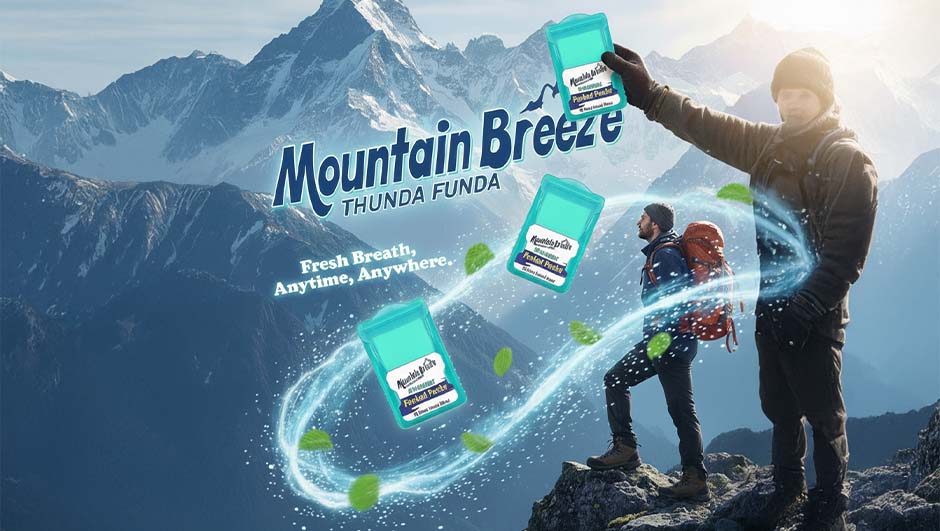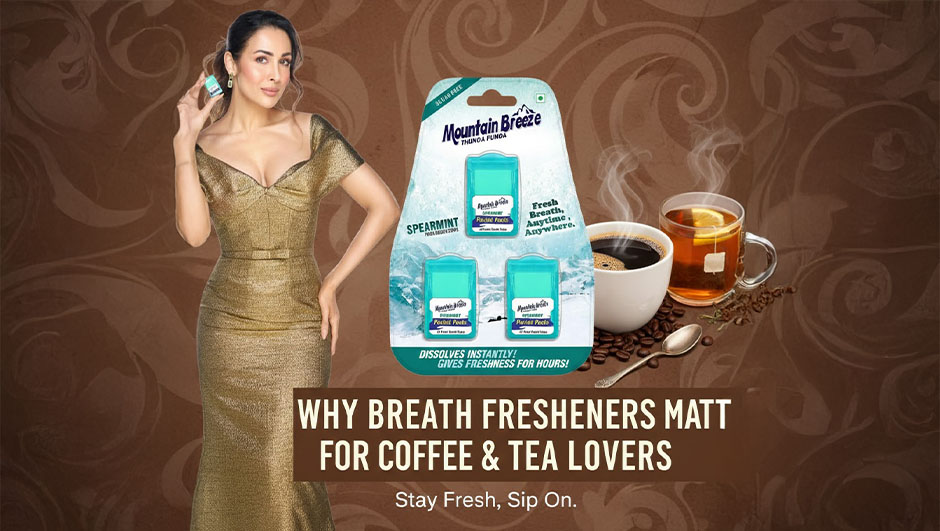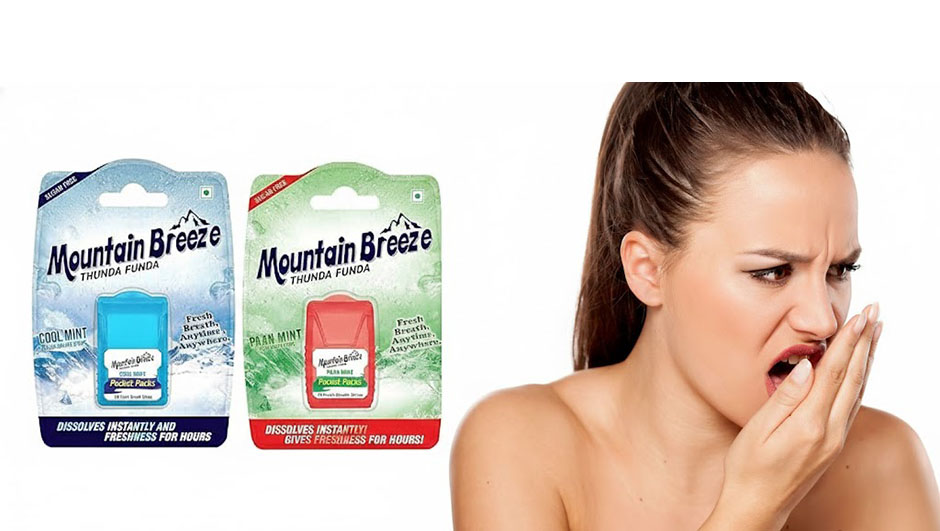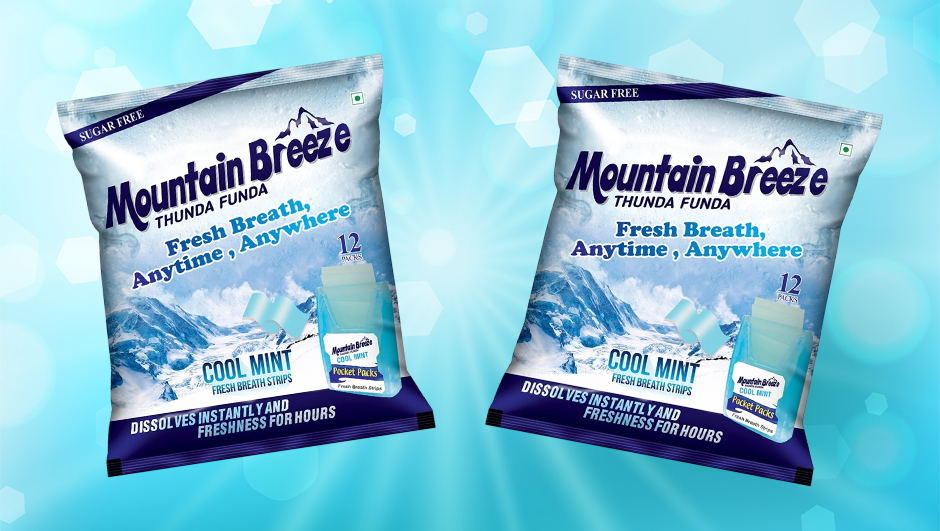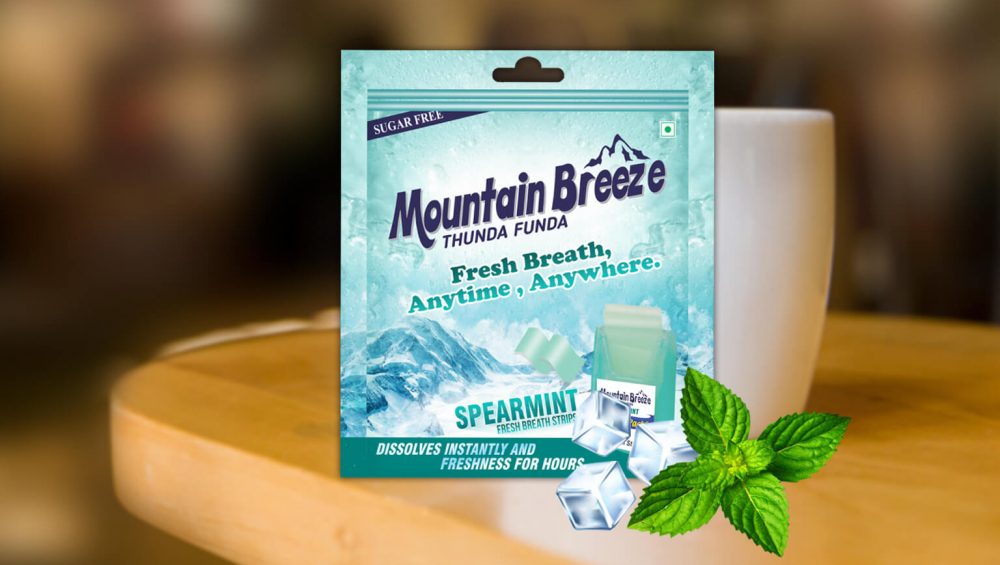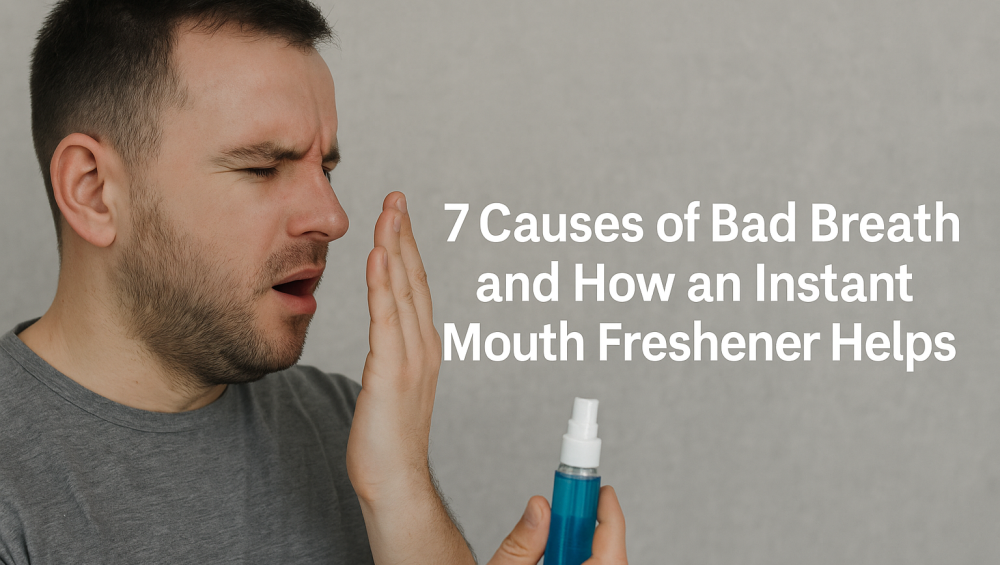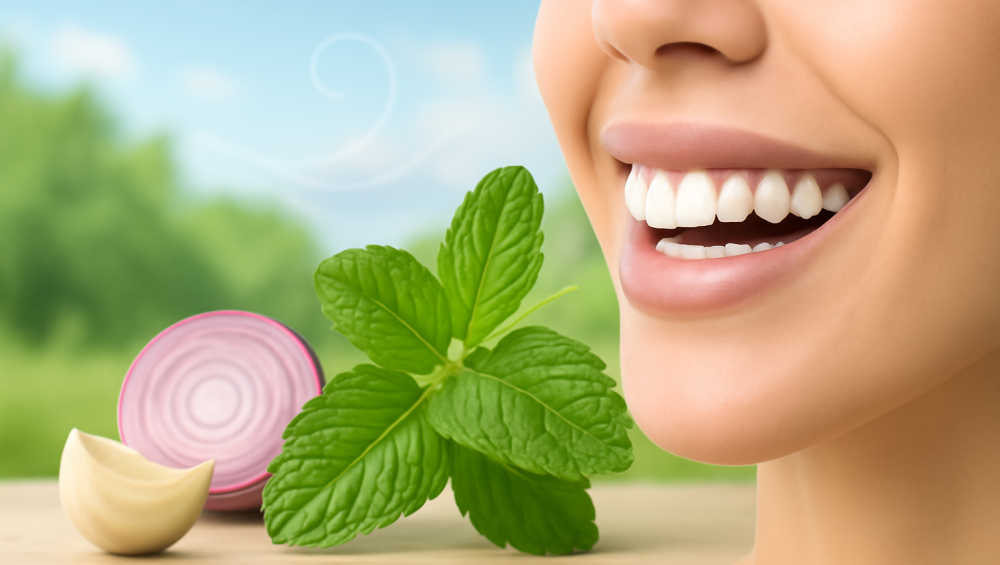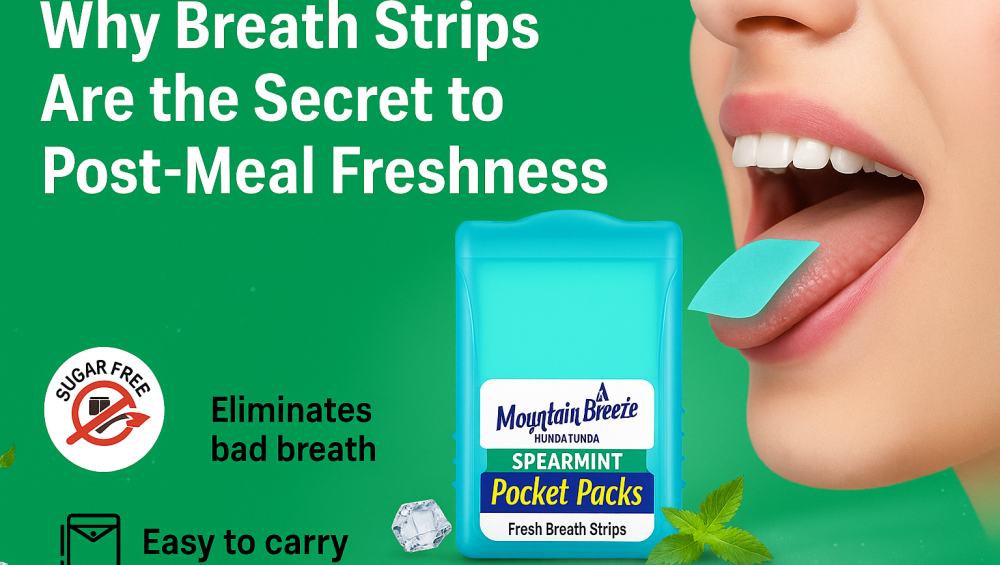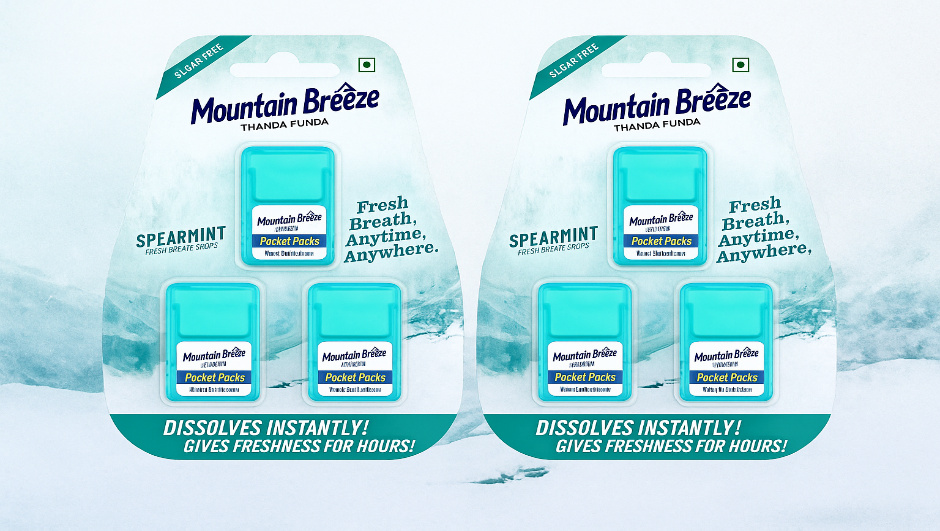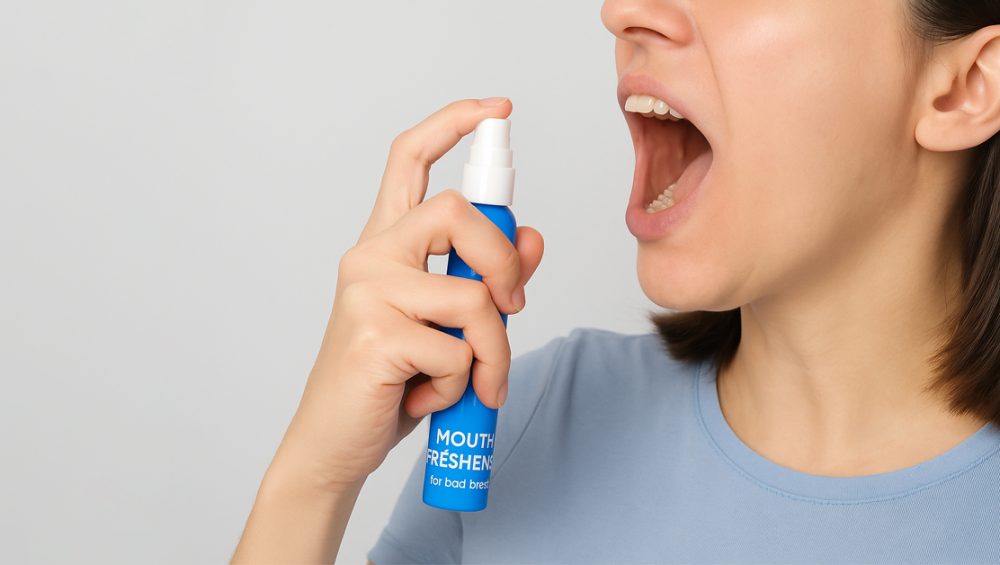Most people experience a noticeable drop in freshness between brushing sessions because daily routines rarely leave room for perfect oral care. Busy schedules, long commutes, back to back office hours, late night meals, and social gatherings stretch the gap between two brushing cycles far more than intended. During this time, bacteria naturally begin to rebuild inside the mouth, feeding on leftover particles and releasing compounds that cause unpleasant odor. This gradual buildup affects both breath quality and overall oral hygiene. Breath strips step in as a quick, portable solution that helps maintain freshness on the move, offering support during those long hours when brushing is not an option.
Why Oral Hygiene Drops Between Brushing Sessions
Natural Bacterial Regrowth
Bacteria inside the mouth begin multiplying within hours after brushing. Warmth, moisture, and microscopic food residues create an ideal environment for this growth. As these bacteria feed and break down organic matter, they release sulfur based compounds that contribute to bad breath. Even with consistent brushing, this regrowth is a natural biological cycle, which means freshness tends to decline as the day progresses.
Impact of Food Particles and pH Changes
Throughout the day, every meal or beverage introduces new particles that linger on the tongue, gums, and tooth surfaces. Foods like onions, garlic, spices, dairy, and coffee release strong odor molecules that stay active long after eating. At the same time, acidic or sugary foods shift the mouth’s pH, creating conditions that encourage bacterial activity. This combination of lingering flavors and changing acidity speeds up odor formation between brushing cycles.
Saliva Reduction During the Day
Saliva plays a key role in maintaining oral hygiene because it naturally cleanses the mouth and neutralizes acids. Yet saliva flow drops when talking continuously, experiencing stress, working long hours, or simply not drinking enough water. Dehydration makes the mouth dry, giving odor causing bacteria a greater chance to thrive. This decline in moisture is one of the biggest reasons freshness fades during the day, especially for people who spend hours in air conditioned environments or forget to hydrate regularly.
What Breath Strips Do Differently From Other Fresheners
Breath strips offer a distinct approach to freshness compared to mints, sprays, or chewing gum. Their design allows them to work quickly, distribute active ingredients evenly, and deliver freshness without sugar or added calories. These qualities make them a practical choice for people who want reliable breath support throughout the day without relying on bulky or slow dissolving alternatives.
Instant Dissolving Technology
Breath strips are made from ultra thin polymer films that dissolve the moment they touch the tongue. As they melt, they release concentrated mint molecules that spread across the entire mouth within seconds. This rapid action helps neutralize odor at the source instead of masking it. The even distribution of ingredients ensures consistent freshness and a smoother experience compared to mints that sit on one spot or gums that take time to activate.
Concentrated Mint Oils and Menthol Benefits
Mint oils and menthol are known for their cooling intensity and natural cleansing effects. When released through a dissolving strip, menthol stimulates sensory receptors, creating an instant cool sensation that refreshes the mouth. This cooling action also helps reduce the presence of odor causing bacteria for a short duration by creating an inhospitable environment for their activity. Concentrated mint reaches the tongue, gums, and inner cheeks quickly, making the freshness feel stronger and more effective than light flavoured alternatives.
Portable and Sugar Free Format
Breath strips come in compact, lightweight packs that fit easily into pockets, wallets, travel kits, or work bags. Their sugar free format is especially important because sugar based fresheners can unintentionally feed bacteria and contribute to plaque or acidity. By eliminating sugar and unnecessary additives, breath strips offer clean freshness without calories, making them suitable for frequent daily use.
How Breath Strips Support Hygiene Between Brush Cycles
Breath strips fill the crucial gap between brushing sessions by reducing odor compounds, supporting saliva flow, and refreshing the mouth after meals or beverages. While they do not replace a proper oral care routine, they enhance daily hygiene by addressing the factors that commonly cause decline in freshness during long hours of work, travel, or social activity.
Reducing Odor Causing Compounds
Odor mainly comes from volatile sulfur compounds released by bacteria as they break down food particles. Breath strips help neutralize these compounds by dispersing mint oils that bind to and reduce their intensity. This creates a cleaner, more neutral breath profile even when brushing is not immediately possible.
Temporary Bacterial Management
Certain components found in mint and menthol have mild antibacterial effects. When delivered through fast dissolving strips, these ingredients can discourage short term bacterial activity and slow the development of odor. While this does not replace brushing or flossing, it provides meaningful freshness support during long periods where bacteria naturally regrow.
Moisture Activation for Improved Saliva Flow
The cooling sensation triggered by menthol helps stimulate saliva glands, an essential factor for maintaining oral cleanliness. More saliva means better natural cleansing, improved pH balance, and reduced dryness. Because dry mouth accelerates odor formation, even a slight boost in moisture helps maintain a cleaner feeling between brush cycles.
Clearing Residual Taste After Meals
Food based odors linger on the tongue and soft tissues, especially after meals containing onion, garlic, spices, dairy, or coffee. Breath strips are effective at cutting through these strong flavors because concentrated mint spreads rapidly inside the mouth and overrides lingering tastes. This helps reset breath quickly and restores freshness before meetings, conversations, or travel.
Support for Dry Mouth Situations
Dry mouth reduces saliva flow and creates ideal conditions for bacteria to thrive. Breath strips offer short term relief by providing moisture through dissolving films and stimulating saliva production through menthol’s cooling effect. This makes them especially useful for people who talk continuously, sit in air conditioned spaces, or do not hydrate enough during the day.
Situations Where Breath Strips Become Especially Effective
Breath strips prove most useful in moments when brushing is not possible but freshness is still essential. Their instant action, portability, and ability to reduce odor compounds make them a reliable companion throughout different parts of the day.
Long Gaps Between Meals or Brushing
Long office hours, field work, travel schedules, or social plans often extend the gap between brushing cycles far longer than intended. During these hours, bacteria naturally multiply, saliva levels drop, and leftover food particles begin to release odor. Breath strips provide a quick reset in such situations by freshening the mouth and reducing odor buildup until brushing becomes possible.
After Coffee, Tea, Smoking, or Strong Foods
Coffee and tea leave behind tannins that cling to the tongue and create a distinct aftertaste. Smoking produces strong compounds that settle on the breath and linger throughout the day. Foods like onions, garlic, and spices release sulfur molecules that remain active long after eating. Breath strips help counter these effects by neutralizing odor molecules and replacing them with a clean mint profile that feels fresh immediately.
During Work Events or Client Meetings
Speaking for long hours, presenting to a room, or participating in meetings makes breath freshness important for confidence and comfort. Since brushing onsite is impractical, breath strips offer a discreet way to maintain clean breath. Their quick dissolving format allows individuals to refresh quietly before conversations, ensuring clearer communication and avoiding self consciousness during professional interactions.
After Workouts or Outdoor Activities
Physical exertion reduces saliva flow due to mouth breathing and dehydration. As moisture levels drop, bacteria thrive, causing breath to become stale quickly. Sweat and heavy breathing also contribute to dryness, amplifying odor production. Breath strips provide relief by stimulating saliva and refreshing the mouth, making them helpful after gym sessions, running, or extended outdoor activities.
Benefits Beyond Fresh Breath
Breath strips offer more than just odor control. Their formulation, portability, and sugar free composition support overall oral hygiene and general well being, making them a smart addition to everyday habits.
Boosting Confidence in Social Interactions
Fresh breath plays an important role in comfortable communication. Whether during presentations, conversations, dates, or group activities, clean breath helps people feel more at ease while speaking. A simple strip can remove the worry of lingering odor, allowing individuals to focus on the interaction rather than the discomfort of unclear breath.
Supporting Daily Oral Care Habits
While breath strips are not a substitute for brushing, flossing, or tongue cleaning, they strengthen the daily hygiene routine by covering the long intervals where oral care is usually neglected. They help maintain a fresher environment inside the mouth, making oral hygiene feel more consistent throughout the day rather than limited to morning and night routines.
Sugar Free Breath Strips and Tooth Health
Sugar based mints or candies may offer short lived freshness but can also feed bacteria, increase acidity, and raise the risk of plaque formation. Sugar free breath strips avoid these issues entirely. By eliminating sugar, they reduce the chances of encouraging bacterial growth or harming enamel, making them a safer everyday choice for those who want freshness without compromising dental health.
How to Use Breath Strips for Maximum Hygiene Support
Breath strips work best when used thoughtfully throughout the day to complement a strong oral care routine. Their quick dissolving format allows them to refresh the mouth instantly, but pairing them with simple daily habits can extend their effectiveness and help maintain better hygiene between brushing cycles.
Use After Meals or Drinks
Using a breath strip right after eating or drinking helps reset the mouth by neutralizing lingering flavors and odor molecules. Meals containing garlic, onion, dairy, coffee, or spices often leave strong tastes on the tongue. A strip works immediately by spreading mint oils across the mouth, reducing odor and refreshing breath before you move on with the day
Combine With Hydration
Drinking enough water is essential for proper saliva flow, and saliva plays a major role in keeping the mouth clean. Pairing breath strips with regular hydration enhances their impact. Sip water, then use a strip to support freshness and moisture, especially during long work hours or travel when dehydration becomes more common.
Follow Consistent Brushing and Flossing
Breath strips function as an add on, not a replacement. Daily brushing, flossing, and tongue cleaning handle the deeper aspects of oral hygiene by removing plaque, food particles, and bacteria. Breath strips extend that clean feeling between brushing cycles, helping maintain freshness but not addressing the root causes of long term oral issues.
Carry Packs for Travel or Work
Keeping a small pack of breath strips in your pocket, office drawer, bag, or car makes it easy to stay fresh whenever needed. They occupy minimal space and work silently in seconds, making them ideal for meetings, commutes, social outings, and moments when brushing is not practical.
When Breath Strips Are Not Enough
Breath strips offer quick freshness, but certain situations require more than surface level odor control. Highlighting these limitations provides clarity and builds trust by guiding readers toward appropriate care when necessary.
Persistent Bad Breath
If bad breath continues despite using breath strips, brushing regularly, and maintaining proper hydration, it may signal underlying dental concerns such as gum inflammation, cavities, or buildup on the tongue. A dental consultation becomes important because professional care can identify issues that breath strips alone cannot address.
Dry Mouth Disorders
Some individuals experience chronic dry mouth caused by medical conditions, medications, or gland function issues. In these cases, saliva production remains low regardless of hydration or fresheners. Breath strips may offer temporary comfort, but persistent dryness requires evaluation and treatment to protect dental health and prevent long term discomfort.
Incomplete Oral Hygiene Routine
Fresh breath depends on a complete oral care routine. Breath strips help with odor control, but they do not remove plaque, clean between teeth, or eliminate deeper bacterial layers. Without brushing, flossing, and tongue cleaning, odor will continue to return quickly. Breath strips work best as an added layer of freshness within a proper hygiene routine.
Why Mountain Breeze Breath Strips Fit Into Daily Oral Care
Mountain Breeze breath strips are designed to align with real daily routines by offering fast, effective freshness in moments when brushing is not possible. Their clean formulation, ease of use, and strong mint profile make them a natural addition to everyday oral hygiene without feeling promotional or forced.
Fast Acting Mint Formula
Mountain Breeze breath strips dissolve instantly and release a concentrated mint burst that helps tackle odor during long gaps between brushes. The quick activation ensures that freshness sets in within seconds, making them reliable for meetings, commutes, social plans, or any situation where immediate breath support is needed.
Lightweight Pocket Friendly Design
The compact design of Mountain Breeze packs makes them practical for individuals who move through busy schedules. Whether tucked into a pocket, wallet, work bag, or travel pouch, the strips stay accessible throughout the day. Their lightweight format ensures convenience without adding bulk, allowing freshness at any moment without effort.
Sugar Free and Clean Ingredient Approach
Choosing a sugar free formula helps maintain oral hygiene by avoiding unnecessary sweetness that could encourage bacterial growth. Mountain Breeze breath strips rely on clean, purposeful ingredients that provide freshness without compromising dental health. This makes them suitable for frequent daily use as part of a broader oral care routine.
Final Takeaway Section
Breath strips play a valuable role in maintaining oral hygiene between brushing cycles by reducing odor compounds, refreshing the mouth, and supporting better moisture levels throughout the day. As busy schedules extend the time between brushing sessions, options like Mountain Breeze breath strips from mountainbreeze.in offer a simple way to stay fresh, confident, and comfortable. With quick action, portable design, and clean ingredients, they help bridge the gap between morning and evening routines, making daily oral care feel more complete and consistent.

